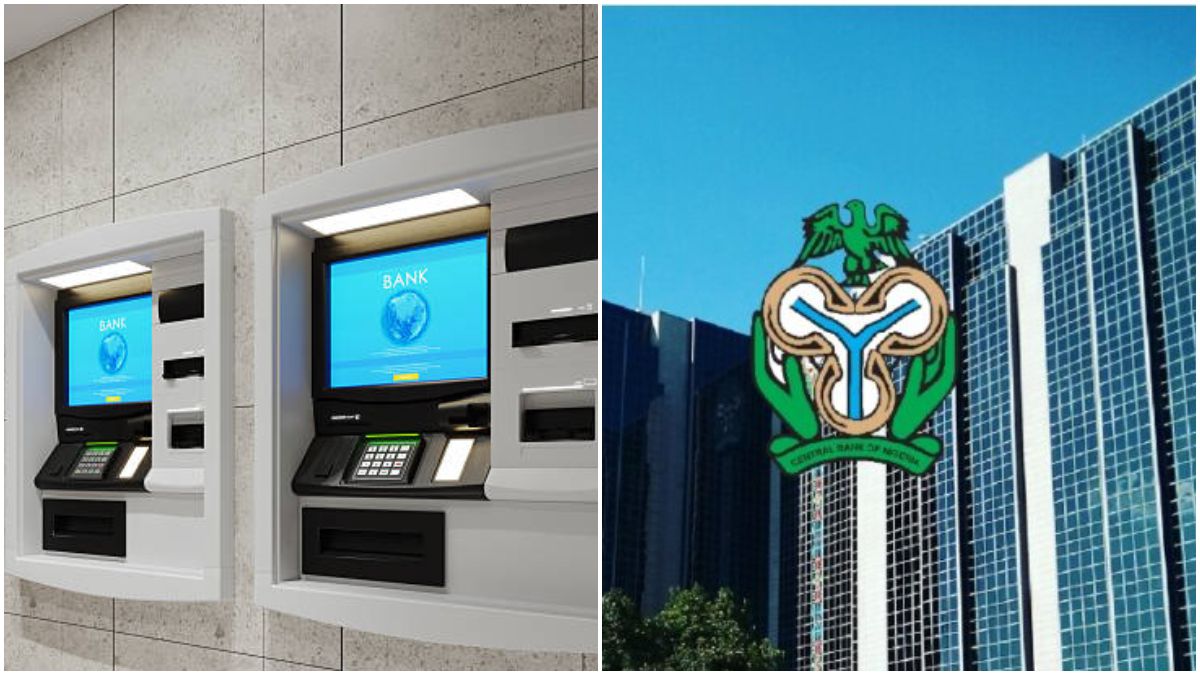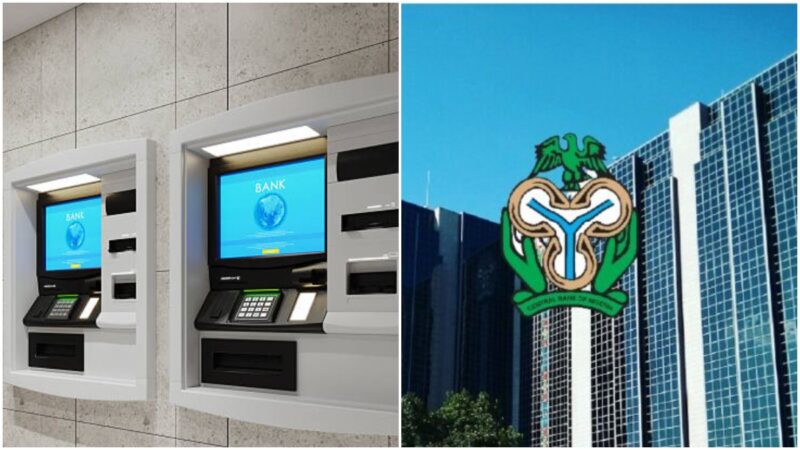
Suppose you have ever stood in front of an ATM that swallowed your card or failed to dispense cash, only to be told “check back in 14 working days”, you will understand why the latest circular from the Central Bank of Nigeria (CBN) is good music to the ears of many Nigerians.
On October 9, 2025, the apex bank released a fresh set of guidelines for the operation of Automated Teller Machines (ATMs) across the country. This update comes as part of its ongoing effort to make electronic payments more reliable, safe, and inclusive for everyone, from city bankers to market women, students, and the average Nigerian trying to withdraw cash from the ATM.
The new rules are built on powers granted to the CBN under its 2007 Act, and they supersede the older ATM provisions that had been in place since 2020. The bank had also issued a circular in March 2024, which focused on increasing the minimum capital requirements for banks.
However, this October 2025 version goes further by tightening standards, introducing faster refund timelines, and setting clearer expectations for how ATMs should serve customers.
So, what exactly has changed? And how does it affect you as a regular ATM user? Let’s break it down.
1. Instant or Faster Refunds When Transactions Fail
For ATM users, this is easily the most exciting part, as we are accustomed to waiting in frustration for refunds when a transaction fails. Now, if an ATM fails to dispense your money but debits your account, the new guidelines make refunds much faster and more transparent.
-
For “on-us transactions”, that is, when you use your own bank’s ATM, refunds must now happen instantly. If technical issues prevent that, your bank has only 24 hours to reverse the failed transaction.
-
For “not-on-us transactions”, this is when you use another bank’s ATM; the refund must be completed within 48 hours.
This is a huge improvement from previous timelines that often stretched to several days and sometimes weeks. This means you can get your money back quickly without endless visits to the bank or waiting in frustration.
2. No More Long Downtime or ‘Out of Service’ Machines
Under the new rules, an ATM can’t be down for more than 72 consecutive hours due to technical faults. If it will be unavailable for longer, the deploying bank or operator must properly inform customers. This is aimed at reducing the familiar sight of broken or empty ATMs in neighbourhoods.
Banks and independent ATM operators (known as Independent ATM Deployers) are now expected to monitor and restock their machines regularly so customers always have access to cash, especially on weekends and public holidays.
3. Improved Accessibility and Inclusivity
The CBN now mandates that at least 2% of all ATMs deployed by any acquirer should be designed with tactile symbols to help visually impaired customers use them easily. These ATMs must also be publicly listed on the bank’s website, so users can know where to find them.
Beyond that, the new regulation insists ATMs be properly lit, safe, and easy to access. This means better lighting, privacy during transactions, and safer locations, especially at night.
4. Stronger Security Features
With rising cases of ATM fraud and card skimming—the theft of credit or debit card information by criminals using a small, illegal device known as a skimmer— the CBN has made security a top priority. Every ATM must now have hidden cameras that record all transactions, excluding your PIN entries.
Machines must also be equipped with anti-skimming devices to stop criminals from copying card details and secure network connections that protect your data. Interestingly, if you stand in a way that blocks the camera, the machine can now automatically abort your transaction. This is meant to discourage suspicious behaviour and keep users safer.
5. Better Customer Experience at the ATM
CBN has introduced several minor but important tweaks to make using ATMs smoother and more user-friendly:
-
No more cash retraction: Once money is dispensed, the machine won’t “swallow” it back after a few seconds.
-
Cash first, then card: ATMs will now give you your cash before ejecting your card, so you don’t forget to take your money.
-
Receipts on request: You can get printed receipts showing the amount, date, time, and ATM ID if you want them.
-
PIN change is free: Banks must allow you to change your ATM PIN without charging any fee.
These changes might sound small, but they will make a big difference in reducing errors and frustrations that come with ATM use.
6. ATMs Must Always Have Cash
How many times have you gone from one ATM to another only to see “out of cash” or “temporarily unable to dispense cash” on the screen? The new guideline now makes it the bank’s responsibility to ensure ATMs are loaded at all times. Banks or ATM Deployers must monitor cash levels and restock as often as necessary. Unfit notes should no longer be loaded, and machines must have backup power to keep running even during outages.
7. Cleaner, Safer ATM Environments
CBN is now paying attention to the physical condition of ATMs too. Banks are expected to provide waste bins, ensure clean surroundings, and carry out frequent physical inspections. They must also insure the cash inside ATMs. This means that even in cases of vandalism or theft, customer funds are protected. All of these are part of ensuring a safe, clean, and trustworthy environment for every user.
8. Clearer Communication and Accountability
Banks must now display active helpline numbers at every ATM point, with dedicated staff to take fault reports immediately. They are also required to maintain a register of all their ATMs, which includes their locations, serial numbers, and service records, to help the CBN track performance and enforce compliance.
9. CBN Will Now Monitor and Penalise Non-Compliance
It is important to note that the Central Bank is not just issuing these guidelines; it has serious plans in place to enforce them. It will carry out regular audits and onsite inspections to ensure every bank or ATM deployer follows the rules. And institutions that fail to comply will face appropriate penalties. This assures customers that the days of unattended, faulty, or non-functional ATMs would gradually fade away.
What Difference Does This Make?
The March 2024 circular released by the CBN mainly addressed increasing the minimum capital requirements for banks. This October 2025 draft guideline, however, is much different and broader, replacing the 2020 ATM rules entirely and adding new measures for inclusivity, security, and accountability.
The CBN’s new ATM guidelines are a win for the ordinary Nigerian. They will ensure that transactions are faster, safer, and more transparent, while putting pressure where it belongs: on banks and operators, not the customers.







